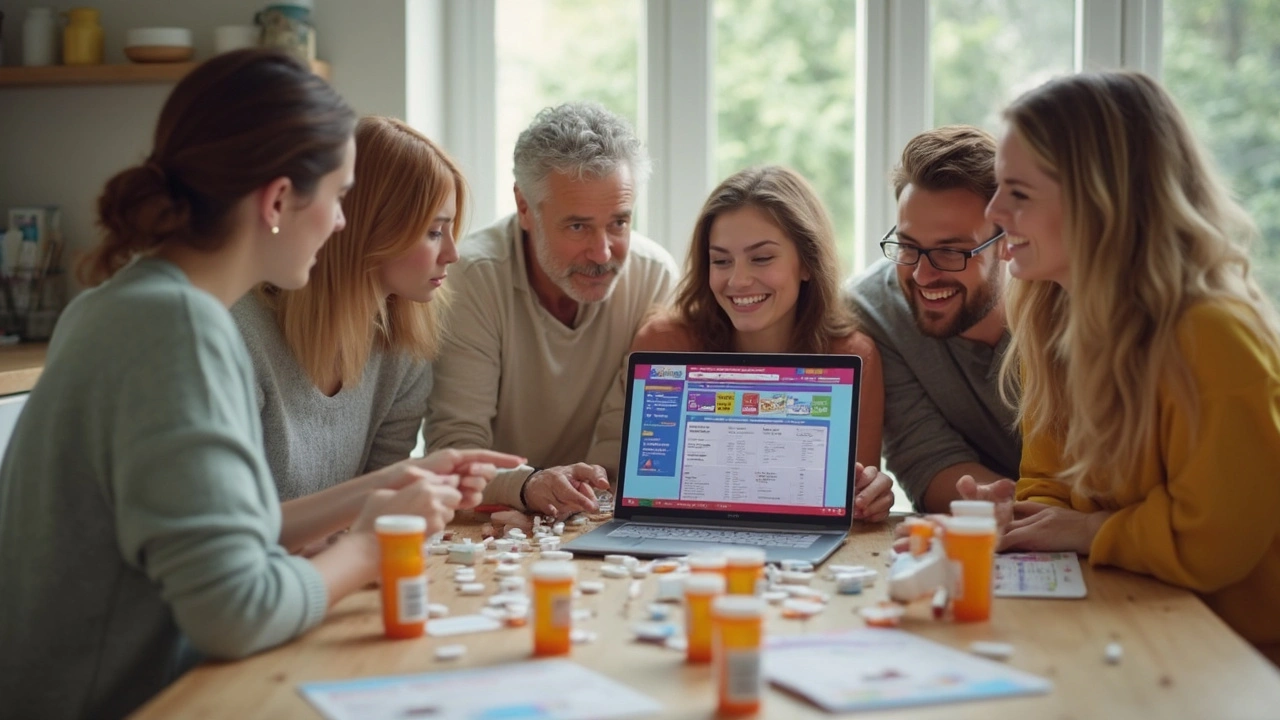Online pharmacies: how to buy meds safely and avoid scams
Buying meds online can save time and money — but pick the wrong site and you could get fake drugs, the wrong dose, or no delivery at all. This page gives clear, practical steps to spot a legit pharmacy, what questions to ask, and simple habits that cut risk.
How to spot a safe online pharmacy
Check for a verifiable license. A real pharmacy will list a physical address and a pharmacy license number you can look up with the state board. If the site hides its location or shows only a PO box, walk away.
Look for secure site indicators like HTTPS and a clear privacy policy. Those don’t prove quality, but they show the site cares about basic security and data handling.
Watch for prescription rules. Legitimate online pharmacies require a valid prescription from a licensed clinician before shipping prescription meds. If a site offers prescription-only drugs with no Rx, it’s probably illegal or dangerous.
Check third-party seals and reviews. Seals from recognized groups (for example, national pharmacy accreditation in your country) and real customer reviews help. Still, don’t trust seals blindly — click them to verify they link to the accreditor.
Smart buying tips
Compare prices but be realistic. If a price is unbelievably low for a well-known med, that’s a red flag. Counterfeit or diluted products often come with huge discounts.
Read the product page carefully. Look for active ingredient, strength, manufacturer, lot number, and expiry date. If this info is missing or vague, choose another seller.
Use a credit card or a trusted payment service. These offer dispute and fraud protection. Avoid wire transfers, gift cards, or cryptocurrency for medication purchases — those payment methods offer little recourse.
Keep records. Save order confirmations, invoices, and photos of packaging and pills. If something goes wrong, these documents help you file complaints or request refunds.
Check shipping and return policies. Legit sellers provide clear delivery windows, tracking info, and reasonable return or refund policies for damaged or wrong orders.
Talk to your doctor or pharmacist. If an online pharmacy suggests a new drug or a dose change without a proper consultation, pause. Use telehealth services that connect you with licensed clinicians when a prescription is needed.
Be careful with imports. Buying from foreign pharmacies may violate import rules in your country and can delay or block delivery. Check local laws before ordering internationally.
Trust your instincts. If customer support is hard to reach, answers are evasive, or the checkout feels suspicious, stop. There are plenty of reputable online pharmacies that make buying simple and safe.
Use this checklist: verify license, require Rx, read labels, secure payment, track shipment, keep records, and consult your clinician. Follow those steps and you’ll cut most of the common risks while getting the convenience online pharmacies promise.
